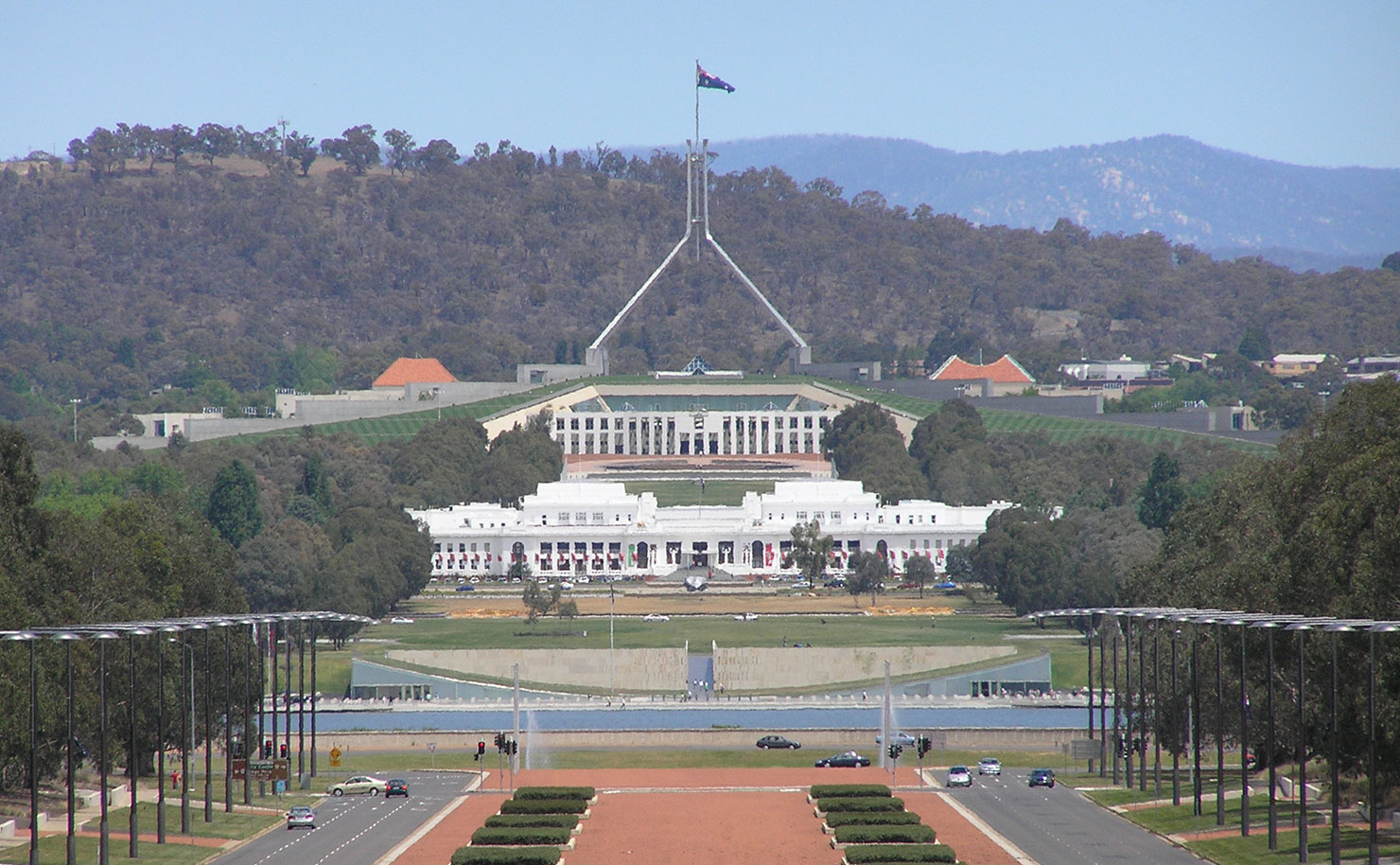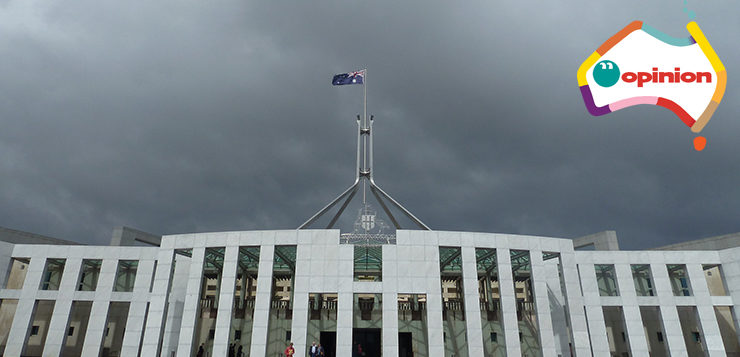 Out of the mouths of babes comes words like ‘Yes’ and ‘No’. But the context is very, very different than the ‘Yeses and Noes’ coming from the older kids in a big house on a hill in Canberra. Dr Matthew Roberts explains.
Out of the mouths of babes comes words like ‘Yes’ and ‘No’. But the context is very, very different than the ‘Yeses and Noes’ coming from the older kids in a big house on a hill in Canberra. Dr Matthew Roberts explains.
A lot of adults are getting very cross with one another right now. It’s everywhere. In a nearby street our neighbour’s ‘Yes’ sign got sprayed ‘NO’ – she’s leaving it like that she says, to show what ‘No’ voters can be like.
Every news bulletin has people who look important accusing each other of lying and forecasting doom if the other wins. The kids I know can’t see what the problem is.
In fact, I can’t find a solitary young person who has a skerrick of an issue with granting First Nations people recognition in our constitution – even if they struggle to spell it – and a Voice to parliament. But on and on the important adults go. There’s another month of this.
The kids I know aren’t worried about Indigenous people taking their backyards. They’re worried about climate change and getting a good enough job to afford somewhere to live one day. They’re worried about war in Ukraine and China’s carry-on about invading Taiwan. They worry about Trump getting back in and nuclear war.

A few words in an old white men’s document and another committee in Canberra? They can’t see how that will fix all the problems First Nations people have had since 1788 and continue to suffer with, but they can see how it would be a really good step in the right direction. What they really can’t see is what the fuss is about.
I have to explain, on behalf of the adults, somewhat apologetically, that unlike them, we oldies can struggle with change. So much so that our parliamentary system is still more or less the same one we brought out from England, where it was invented by men in wigs. Or Whigs. The details escape me.
But this system relies on humans’ most masculine competitive tendencies (translation: blokes like to win). With a government and an opposition at one another constantly, the best ideas for ruling the country are the last ones left hobbling about after all the others have been blasted to pieces.
So governing isn’t about getting along, it’s about beating the other lot. Winning.
“Who’s winning now?” the kids ask.
“That depends,” I say
“You always say that,” they reply.
Kids hate it when we hedge.
I’m no expert at politics but I’ve been working with young families for more than a decade, and I see strong echoes between the Houses of Parliament and houses the kids I know live in. In both, the emotional roof over kids’ heads is held up by the way adults treat each other. When the adults argue, they model how to cope with conflict and resolve differences, to the next generations.
At home, if one parent wins a fight in front of the kids in a way that makes the other parent a loser, then no matter who wins, the kids have a loser for a parent. Either way the kids lose.
In the houses on the hill the adults are tearing into one another in question time again. It may well be they actually get along better at other times, doing deals in corridors, crossing floors to chat or even vote with their consciences. But what the kids see is one adult who’s meant to be a leader to them trying to make a loser out of another adult who’s meant to be a leader to them.
Whoever wins, the kids get a loser as one of their leaders. Either way the kids lose.

The schoolyard Careers Parade this year had a lot of footy stars, vets, doctors, the odd astronaut, and an encouraging number of teachers. But you can guess how many politicians there were.
I want the kids to know it can be different. I tell them about collectivist cultures like those of our First Nations peoples. I tell them how the adversarial courts north of the river in the city differ from the inquisitorial coroner’s court south of the river. No winners or losers here, I once heard a coroner say, just the truth, or as close as we can get.
Competition kills empathy. Collaboration, compassion, cooperation, care – these get different neural pathways going in brain and body. Generally speaking, women do this better. First Nations people do this better. Young people do this better. No wonder so many old white men are so cross!
The kids laugh but then with serious faces on, they swear they’ll never be old and angry like that. I tell them the best way to get old is to get angry differently. So you still care about fairness, and you’ll fight fair for what’s worth fighting for. But you won’t try and make a loser out of anyone.
They seem to get this. They’re wiser than us in so many ways. I’d fill the senate floor with grade 5s anytime a big bill was on, and get them to give it the BS test.
A house with kids, parliamentary or otherwise, has to behave itself. Question Time might be bearable again. And we might get more bipartisanship on small matters like the soul of a nation.
I’ve seen it happen in hundreds of smaller houses. So I refuse to give up hoping those two big ones couldn’t grow up a bit too.
Donate To New Matilda
New Matilda is a small, independent media outlet. We survive through reader contributions, and never losing a lawsuit. If you got something from this article, giving something back helps us to continue speaking truth to power. Every little bit counts.




